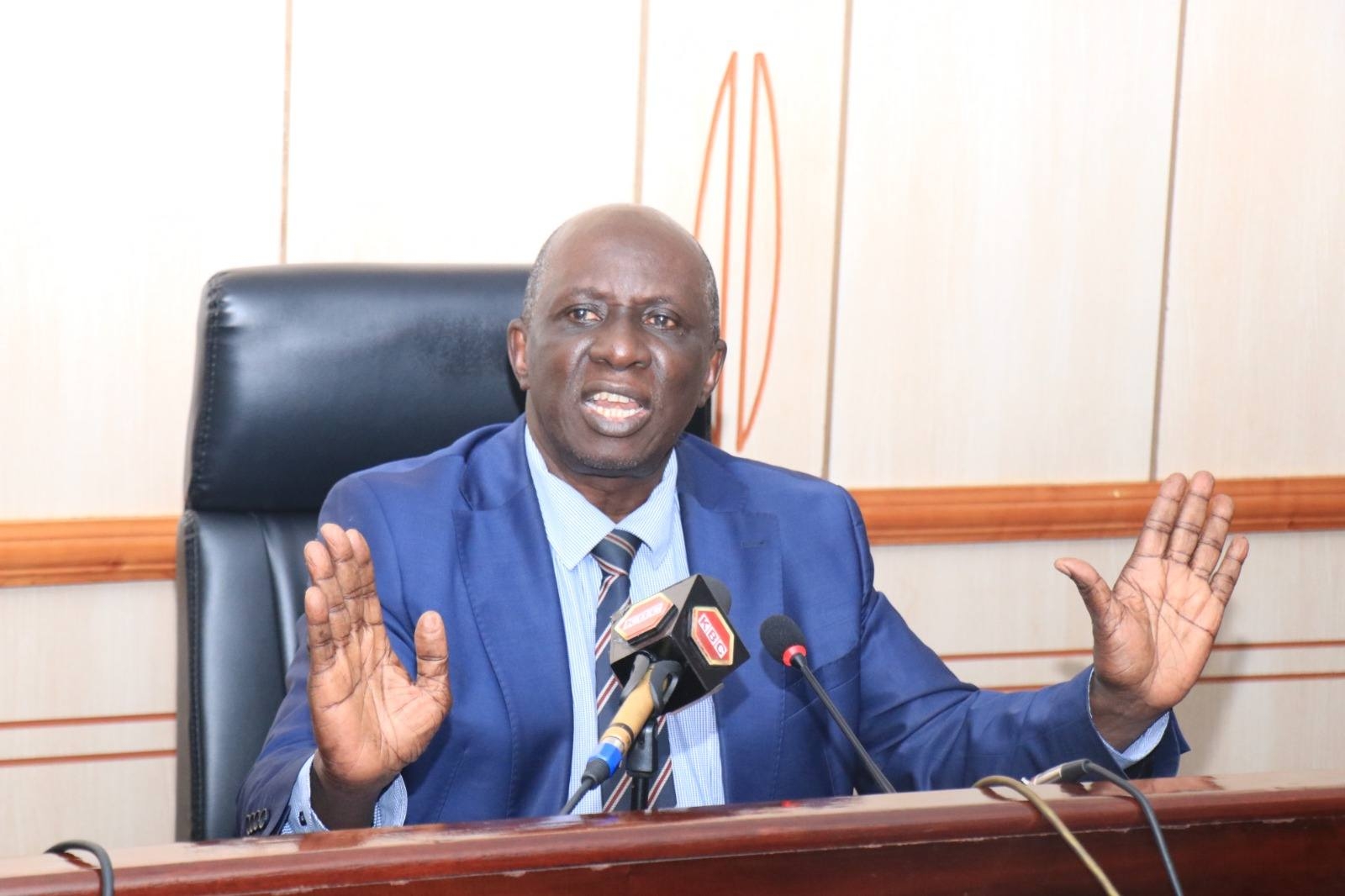Despite a sort of baby centre at Gikomba market, Felistas Ndua often had to change her baby on top of her stall where she sells fabric.
"Sometimes a customer would find me changing my baby and they would frown, cover their nose and walk away. I would lose clients like that," Felistas told the Star.
Since children nap a lot, she like many mothers at the market, put cardboard on the ground and placed a blanket over him. He was often getting sick from the cold and the dirt, she came to realise.
There are millions of others like Felistas
Finally, their prayers were answered with a proper baby and childcare centre at Gikomba market. And it's free.
This is how it happened.
At the crack of dawn, millions of Nairobi residents have already eaten and are out the door to earn their daily bread.
Many work in the informal sector as artisans, market traders and hawkers.
Many women must take their children with them, as they can't afford a house help. They have no option but to take the baby to work.
There are very few quality affordable childcare centres in Kenya, if any.
In Nairobi's Gikomba market, traders such as Catherine Rwaba always take their children along to work.
“I live around Gikomba so it is not so difficult to get here with my children. I can't afford a house help and my six-month-old baby is too young for daycare," she said.
The minimum wage for domestic workers in Kenya is Sh13,000 and although most employers do not fully comply, these women cannot always afford to have and house domestic workers.
Trader Mary Mwende said the environment in the market is not suitable for young children, but they have no option.
The Nairobi Metropolitan Services took this concern into account when they constructed the modern market at Gikomba, otherwise known as Kwa Samaki.
The county constructed baby centres on every floor of the market complex where women can take their children while they work. They were changing centres and not much more.
Traders such as Felistas still struggled to run their businesses with their children in hand.
"I used to take my two-year-old son to a daycare centre before but it was not suitable. The caregivers were negligent and we were constantly in hospitals because he was always sick," she said.
Fortunately, a woman urban planner came to the Gikomba women's aid.
Peninah Ndegwa, founder of WOW MOM, advocates safe spaces in cities for women and children.
She found out about the lack of proper baby centres at the market and wanted to get involved.
"We thought about installing a baby changing station at one of the centres so the women can have a dignified way of changing their babies," she said.
While the changing station was helpful to women, more needed to be done.
"The centre, though a small room, could still be utilised better for young children who spend a lot of time in the market," she said.
Ndegwa, through a grant from Duke Unicef Accelerator Programme, transformed the baby centre into a beautiful baby-friendly space.
The centre now has a space for babies to play, sleep and storage space to for their toys. And a place to store their food brought by their mothers.
Faith Nyambura was the first woman to benefit from the refurbished baby centre.
"My baby used to be shy and sickly because she was at a daycare centre where play was not encouraged very much. She was often underweight because they didn't feed her well," she said.
With the baby centre, she is able to oversee her child's feeding because she is a picky eater, and spend more time with her.
"My baby is happier now and even after a month of bringing her to work with me, she gained weight and maintained it. She is free to play here and I can still see that she is safe," she added.
Ndegwa said that every time she visits the centre, she always finds a new baby and a new mother, meaning that they have adopted the space.
This space helps to better the personal and financial lives of the women traders and their families.
"The women are constantly telling me business is better now they know they have a safe space for their children and don't have to worry." Ndegwa said.
Ndegwa aims to meet demand and put up similar facilities on the remaining floors of the market.
"If we can get more partners, whether individuals or companies, then we can meet this demand and hopefully reach more women across the country," she said.
Public spaces can be safer for women and children in all sectors.
(Edited by V. Graham)
“WATCH: The latest videos from the Star”












